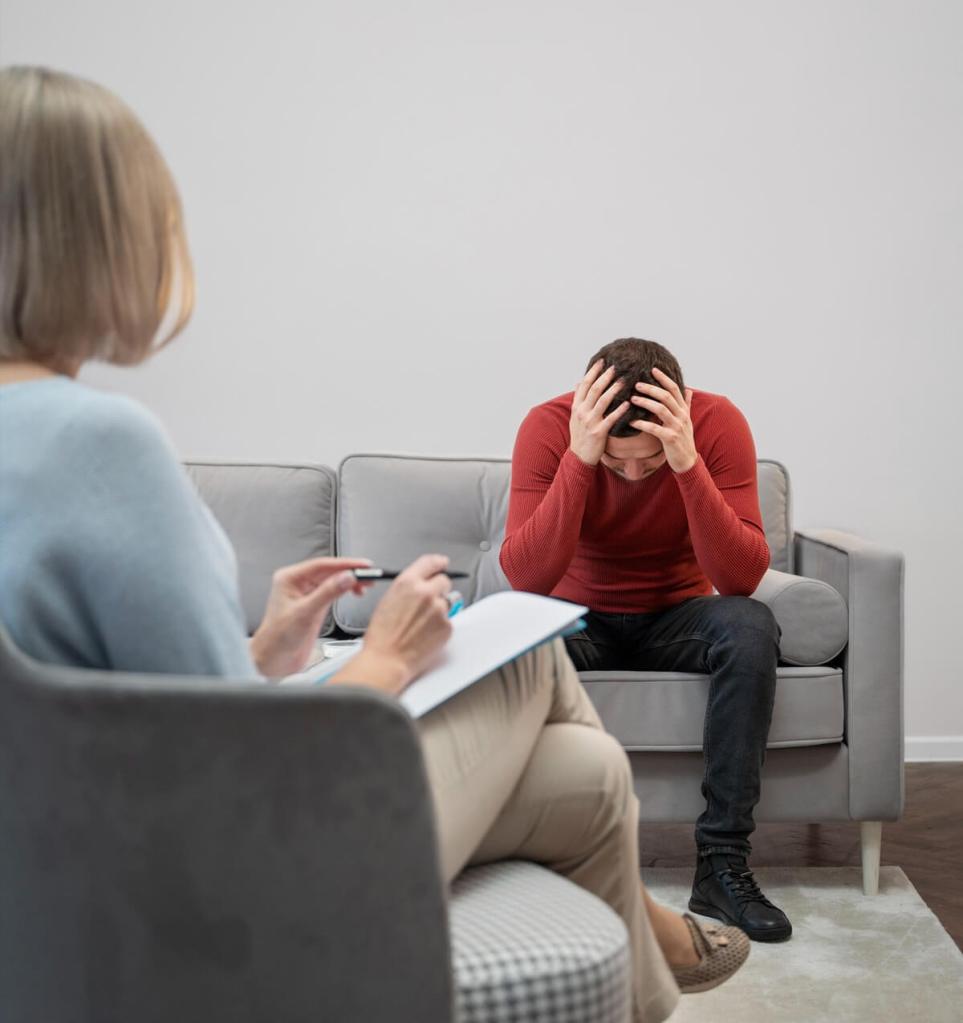Restoring Love and Building Bonds
Couples Therapy
Nurturing Connections, Building Hope
Guiding Relationships Towards Renewal

Giving couples a sense of hope
When I meet with couples in distress, I know they need to leave our first meeting with a feeling of encouragement and hope for their relationship. I know they are both longing for more closeness and connection with each other and need help in overcoming the ways they have unknowingly kept themselves distant emotionally.

Enjoying The Rewards Of Couples Therapy
It has been extremely rewarding to me over the years to see couples blossom when they experience connecting with each other at an emotional level they had either not known prior to coming to therapy or had lost over the years due to busy careers, managing their homes, and raising families.

Providing a safe and structured way to communicate emotions
I have an effective technique for working with couples to help them communicate emotionally so that each partner gets to feel understood in the interaction. This experience is soothing to both partners and is a positive reinforcement for continuing to talk about feelings and issues that have been too frightening to approach prior to coming to therapy.

Helping Couples Overcome Emotional Distance
I help couples access feelings and then encourage them to express these feelings to their partner. When this happens couples have a sense of relief at feeling understood by the person they loved most. Often, both partners need to feel more appreciated. It is our nature to need to feel wanted (secure) and appreciated (valued) in our significant relationships.

Working with couples in recovery
Much of my couple’s work has been with couples in the recovery process. Early recovery is a challenging time for couples. My understanding of the stages of recovery can help couples regain the closeness and intimacy they have lost during active addiction.

Guided Couples Therapy for Lasting Bonds
Begin a transformative journey of reconnection, understanding, and growth. Overcome emotional distance, communicate effectively, and rediscover love. Start your path towards a stronger, more fulfilling relationship now. Contact us to schedule your session.
Creating Lasting Love
Providing pre-marital counseling
I also offer pre-marital counseling and work strategically with newlywed couples to help them establish effective ways of communicating early on in their relationship. It is such a privilege to be part of clients’ lives during these important stages of their development as couples. In these meetings, we explore each partner’s values, career goals, financial goals, each partner’s expectations regarding how the family will be related to, and thoughts as well as feelings about having children. I also use the Meyers-Briggs Typology to facilitate an understanding of basic personality differences and approaches to life.
Creating Lasting Love
Discernment Counseling

Discernment Counseling is a structured protocol consisting of five two-hour sessions designed for couples when one partner wants to save the marriage (or relationship) and one partner is uncertain or wants to end the relationship. It was developed by Dr. Bill Doherty over the past 20 years at the urging of Family Law Judges and Family Law Attorneys and out of his own frustration around not knowing exactly how to work with a couple when there is a “mixed agenda,” meaning they want different things in relation to their primary relationship.
The counseling sessions are structured in the following manner in the hope of arriving at one of three possible outcomes or “Paths.” Below is the structure utilized for Discernment Counseling and the three possible outcomes or “Paths” to take.
the hope of arriving
the structure utilized for Discernment Counseling

- Individual assessment of each member of the couple. (50-minute session for each)
- Five two-hour sessions structured in the following manner:
- 15-minute check-in with the couple (what is your frame of mind today; anything important to report from the prior week);
- 40-minute individual session with one partner (usually the ‘leaning out partner’ first)
- 40-minute individual session with the other partner
- 15-minute check-out (“What is your ‘takeaway’ from the session this week?”)
A minimum of five sessions is recommended, but of course, either partner can discontinue the Discernment Counseling at any time, and/or partners sometimes want to move ahead with Path 3 (see below) and begin the six months of intensive couples therapy to see if the relationship can be saved.
choose your path
three outcome options or possible ‘paths’ to take:

- Leave things as they are for now;
- Proceed with separation or divorce (couples often continue coming to therapy for guidance in this process, especially if there are children involved);
- Commit to six months of intensive couples counseling (and any adjunctive individual therapy, workshops, classes, or reading that might be indicated).
When couples choose to separate or divorce they are usually more cooperative and respectful if they have been in Discernment Counseling before arriving at the decision to end their relationship. This, of course, contributes to better managing the complicated process of beginning to co-parent as a separated or divorced couple. In truth, you have to get along better as a divorced couple than you did as a married couple to co-parent effectively. Many couples need support to make this transition as emotionally healthy as possible for their children.



